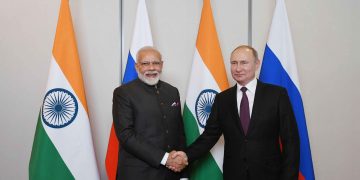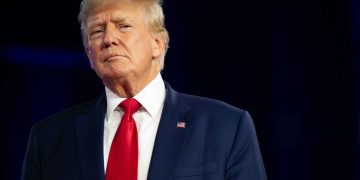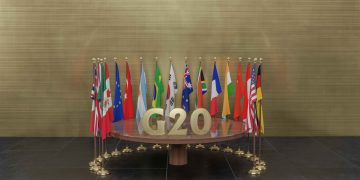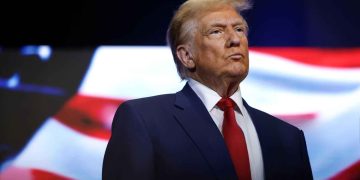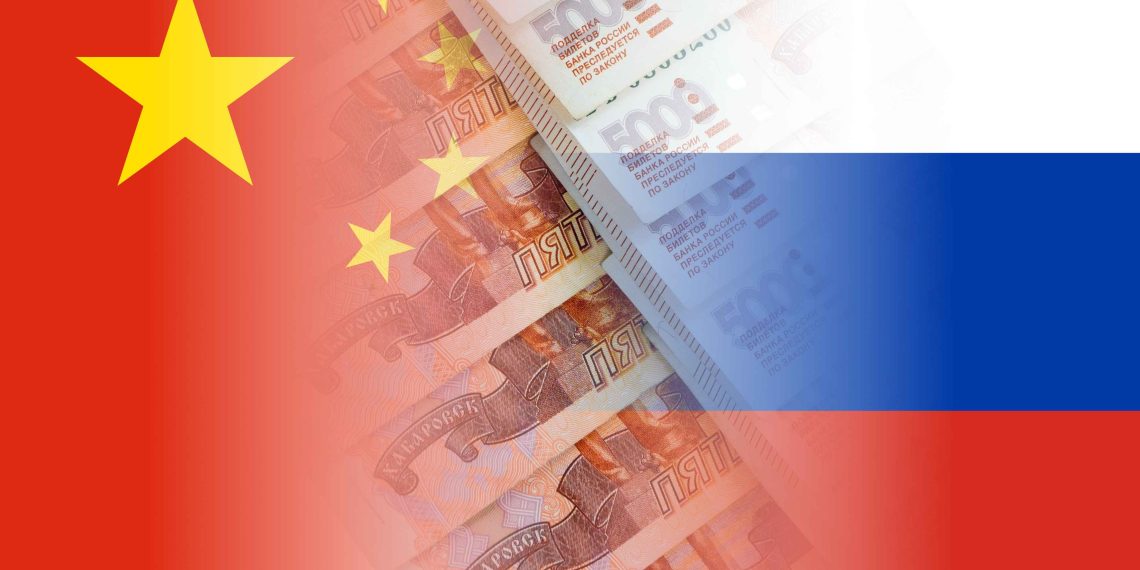Despite domestic challenges such as an economic downturn, high youth unemployment, and a property crisis, China has expanded its global influence in 2024 through a strengthened partnership with Russia. In response to warnings from Western leaders, the bilateral relationship between the two countries has only deepened, with mutual benefits driving their cooperation.
Xi Jinping and Vladimir Putin’s Bilateral Meetings
In 2024, Chinese President Xi Jinping and Russian President Vladimir Putin held three important bilateral meetings, emphasizing the significance of their cooperation. The two countries engaged in various sectors, from trade and economy to military exercises, underlining the comprehensive strategic coordination between them.
According to Philipp Ivanov, senior fellow at Asia Society, the relationship between the neighboring nations is increasingly mutually beneficial. Russia, for instance, relies on China for electronics and manufacturing equipment, while China benefits from discounted energy prices provided by Russia.
Promoting a Multipolar World Order
China and Russia are actively working towards a multipolar world order, challenging the US-led global system. This vision is evident through the expansion of institutions like the Shanghai Cooperation Organization (SCO) and BRICS (Brazil, Russia, India, China, South Africa), which have attracted countries from Africa and the Middle East. In 2024, Belarus joined the SCO, and Turkey, Azerbaijan, and Malaysia applied to join BRICS, signaling the growing appeal of these multilateral platforms.
As more countries from the Global South seek to increase their influence through these institutions, China’s leadership is further solidified. At the G20 Summit in Brazil, Xi Jinping positioned China’s governance model as a potential model for developing countries, reinforcing its role as a leader of the Global South.
The Strategic Role of BRICS and SCO
BRICS, initially a group of five emerging economies, has expanded its membership to include nations seeking a collective voice in global governance. Although China and Russia aim to shift BRICS into a more anti-Western grouping, many Global South countries join for the platform’s ability to represent their interests and challenge the current global order.
Joint Military Exercises and Strategic Cooperation
In 2024, China and Russia conducted numerous joint military exercises in the South China Sea, Arctic, Mediterranean, and Sea of Japan. These drills serve as a demonstration of their military capabilities, particularly in deterring US influence. According to Ivanov, the military cooperation between the two nations is crucial in enhancing their relationship, though China remains focused on modernizing its own military for scenarios closer to home, such as Taiwan and the South China Sea.
The exercises also serve as experiments for China’s military to operate far beyond its borders, testing the limits of its global strategy.
Filling the Vacuum Left by the US
With US President-elect Donald Trump set to return to the White House in 2025, China is poised to increase its global presence in regions where the US may reduce its influence. As Arho Havren of the Royal United Services Institute notes, wherever the US diminishes its role, China will be ready to step in, further strengthening its position on the global stage.
In conclusion, China and Russia’s strategic partnership in 2024 is reshaping the global balance of power, with significant implications for international relations, military alliances, and the future of multilateral organizations like BRICS and the SCO.






